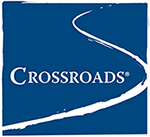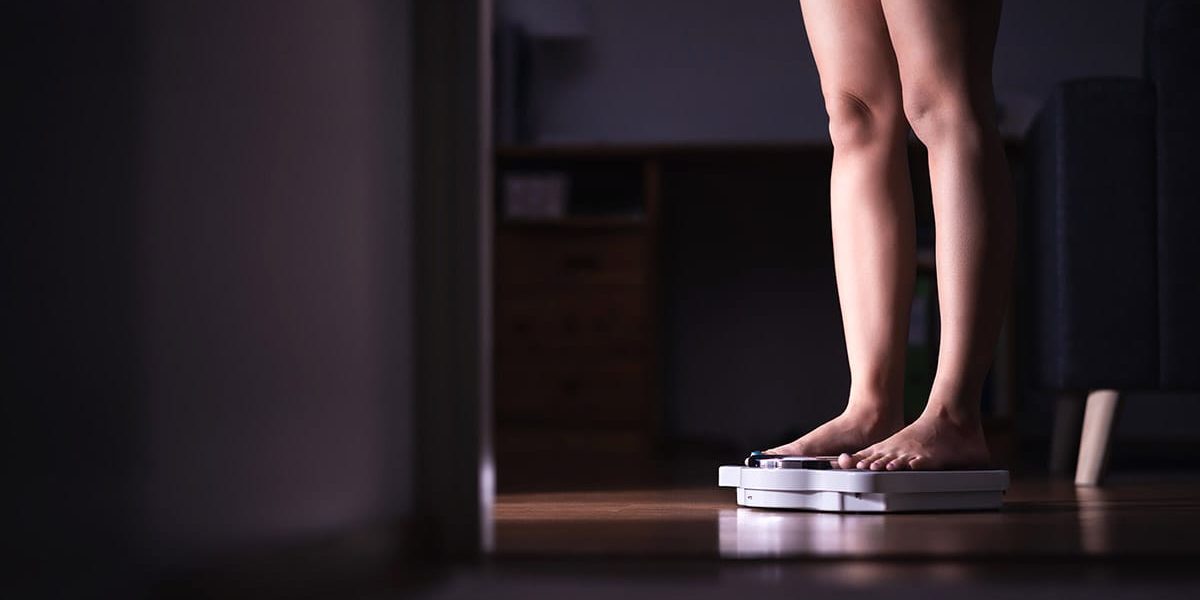As a mother, seeking treatment for a substance use disorder may seem impossible. However, it shouldn’t be a hurdle to getting you the help you need. In fact, getting treatment for addiction will be one of the best decisions you will make as a parent. As a chronic disease, it requires professional intervention and medical treatment.
At Crossroads, our children and mothers residential program could be what you need to make rehab work for you, your life, and your responsibilities. The program is open to pregnant women, mothers of young children under the age of 5, and women who want to reunite with their families. We offer on-site residential lodging, childcare, and gender-responsive treatment for co-occurring disorders. Choose a better future for you and your family today by giving our team a call at 877.978.1667.
Rehab for Women with Children
As a parent battling a substance use disorder or behavioral health issue, making sure your children are taken care of while you seek treatment is your top priority. You may be considering which option will allow you to balance work, childcare, and other responsibilities. Depending on your situation, you may even be concerned about losing custody of your child if you go to rehab. The ideal situation is to look for a treatment center designed to treat women with children. In this scenario, you and your entire family can find support during your treatment and recovery.
Whatever rehab choice you make, feel confident that you have made the right choice for yourself and your family. Recovering from your addiction is the goal, and everyone’s journey will be unique. If you need help finding a rehab for women with children, then reach out to the Crossroads team, and we are happy to guide you in the process.
The Children and Mothers Residential Program at Crossroads
At Crossroads, we offer an alternative to traditional inpatient or outpatient treatment programs. It is a residential program for women and their children called CAMP. The program provides homey living quarters designed to accommodate women and their children. In addition to the residential facility, mothers can take advantage of all of our on-site addiction and mental health treatment services. At the same time, their children are close by and well cared for by experts. The program includes:
- Counseling
- Family therapy
- Relationship rebuilding
- Aftercare to prevent a relapse
It is a safe and sober environment with access to top-notch medical care where needed. CAMP is open to pregnant women and mothers of children under the age of 5.
As Crossroads focuses on women’s health, we can offer gender-responsive treatment as part of CAMP for substance use, mental health, or co-occurring disorders. Each woman’s needs are unique. In addition, a personalized treatment plan will be developed based on their challenges and needs. The end goal is to help women build the skills they need for a healthier future.
Learn More About Crossroads Today
Crossroads offers an ideal setting to receive treatment for substance use, mental health, or eating disorder. It’s an environment where women can focus on healing the mind, body, and spirit. The children and mothers residential program at Crossroads in Maine is a unique program designed for women with children, just like you. We offer comfortable accommodations, childcare options, education programming, and traditional therapies. You can recover in the best scenario possible for you and your child.
We offer many different therapeutic programs as part of our treatment center, including:
- Family and group therapies
- Trauma therapy
- Yoga therapy
- Equine therapy
- Dialectical behavior therapy (DBT)
- Cognitive-behavioral therapy (CBT)
Crossroads has a variety of treatment options for women with children, so give us a call today at 877.978.1667 to learn more.







